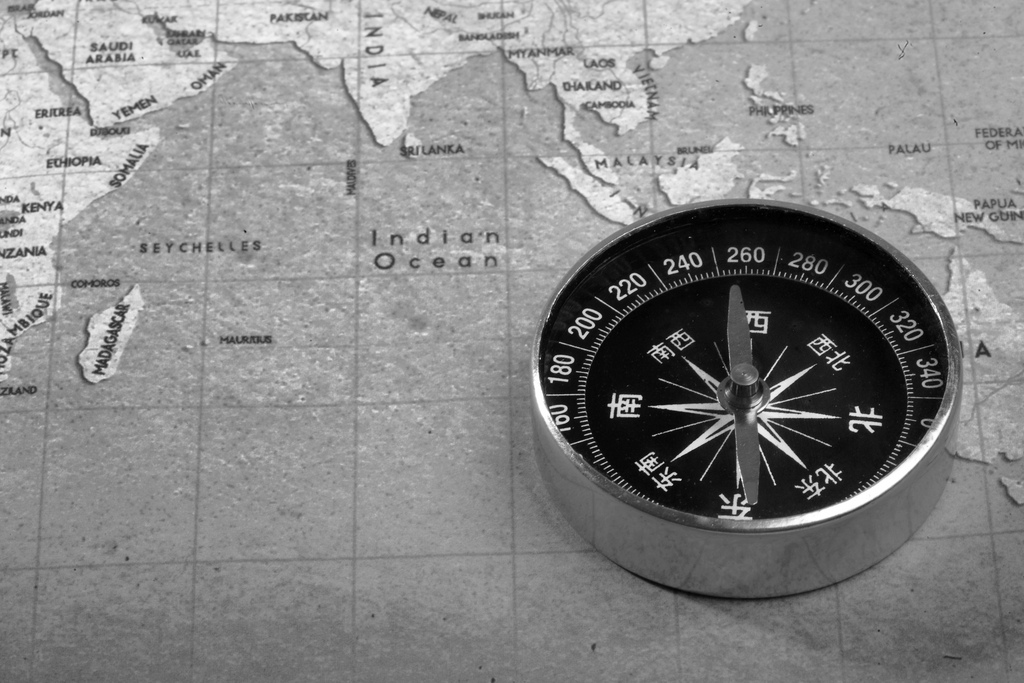When looking into the past, one thing that changes the way we interpret the events, is looking into the pasts of the people involved. This became very clear in the History 1120 course, but also became clear in other areas. If we look into the events of the American Revolution and the initial building of the United States of America, we usually see a bunch of white privileged males fighting over how the once Thirteen Colonies would be run in the future. If we don’t look into the pasts of the people involved, we miss the big reasons of why these people made the choices they did. In the musical Hamilton, we are able to delve into the past of the Founding Father Alexander Hamilton. The accomplishments of this great man were, becoming General George Washington’s right hand man, becoming the first treasury secretary of the United States of America as well as helping establishing Wall Street, the Coast Guard, the National Bank, and writing 51 of the 85 essays included in the Federalist Papers. When we look into Hamilton’s past though, we are given insight into what motivated him to do+ all of these things.
Hamilton left his home in the Caribbean when he was about 19, the exact age is not known. In the Caribbean, he was seen as a bastard son, whose father had left, and whose mother had died, and as someone who would probably not be much more than a clerk. He took care of the books of ship companies while still at home, but that would never have been enough to get him to America or even get him into a higher position one day. The way he was able to change his future was by booking passage on a ship over to New York by writing about the hurricane that had destroyed his home town. This letter, which was written beautifully and showed a level of intelligence far beyond that of a teenager of his standing, inspired the people of his town to raise money to send him across the ocean for a new life. Once in New York, Hamilton attended Kings College until he decided to join the American Revolution.
Each of these events that occurred before Alexander Hamilton even joined the American Revolution tell us something about his reasoning behind his choices. Firstly, the main reason why Hamilton joined the revolution was to rise up in status. Being the orphan, bastard, from a poor village in the Caribbean, there were not many options for him to rise up in life, but in a war that was fought by immigrants, there were endless possibilities to find a better life. If we also look at what he did after the war, and relate it to his past, we can draw many conclusions to why he was so passionate about certain things. For example, Hamilton was the Treasury Secretary of the United States of American, and he was instrumental in creating the first national bank in the United States, and coming from a poor area and family this makes a lot of sense. Hamilton would have wanted to have as much financial security as he could manage, so working to make the new country financially stable would have been the next step up. Finally we can see the reasoning behind the choices that were made that led up to his death. Because he was an immigrant to the country, anyone who was born in the States looked down on Hamilton. This meant that he always had to try harder to be the best, and make them forget he was an immigrant. Because of this complex, Hamilton made some people angry, including Arron Burr. When Burr challenged Hamilton to a duel, Hamilton had to accept to prove he was just as much of a man as anyone else.
Everyone’s past effects what they do in the present. When we look into the past of important historical figures we get a more full, and accurate view of the historical events. If we did not know about Hamilton’s past, we would not understand that why if Hamilton stayed home, and not gone to New York, he would forever have been the bastard son, who looked after the books of other men, but in America he was able to rise up in society and become a Founding Father, and get his face on the ten dollar American bill. The more we can fill in the pieces of information of the past, the more we can understand it and “do” it better.
